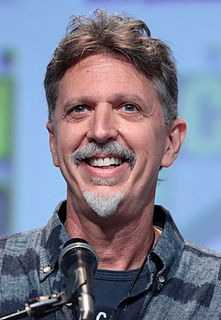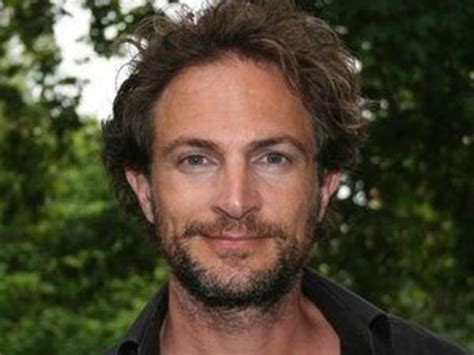A Quote by Tim Kring
I really enjoy the pastiche storytelling of watching separate stories slowly collide with one another. The audience gets to participate in trying to guess and decipher how one story will connect with another.
Related Quotes
I think acting came later in life when I went to college. I started out there. I wasn't a big star in the school plays or anything. I guess I just really liked stories. I was an English-literature major, and that's all about stories and narratives. Film and theater are very powerful storytelling mediums. You sit in a dark room and enter another world. I love that as a member of the audience, and I sort of wanted to get on the other side.
You can put the camera in places where you may not necessarily be able to put it there if I don't do the stunt. If it's character and it's storytelling, then we do it. We design the things around me. I don't do it just to do a stunt. It's storytelling for me and how I can best bring the audience into the action, bring the audience into the story. And that's how we always look at at.
I think there's something really freeing about improv, that it's a collective, creative, in-the-moment piece. That's really exciting and really frustrating, because it's there and gone. There's an amazing interaction with the audience that happens because they are very much another scene partner. How they respond determines the kinds of stories we tell.





































